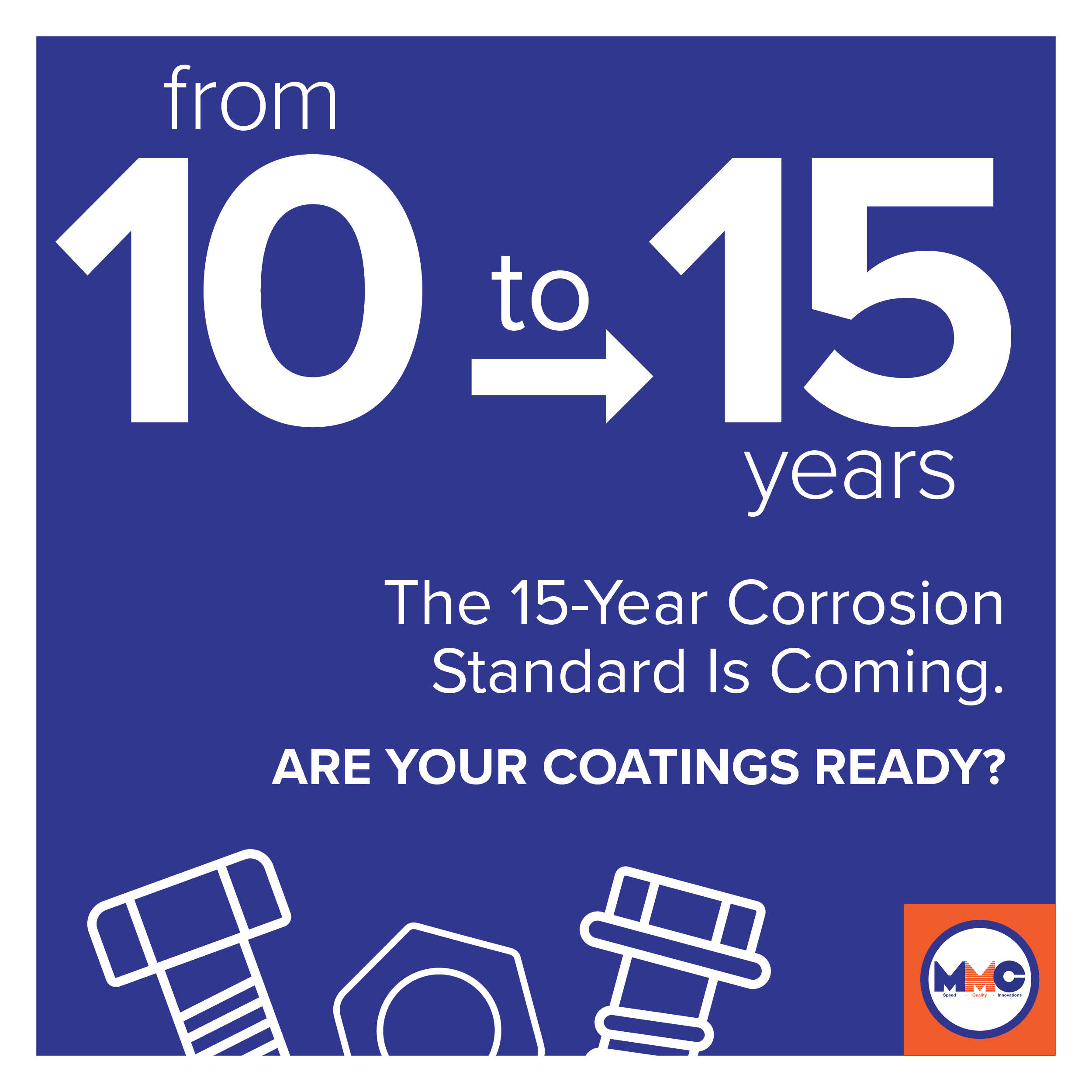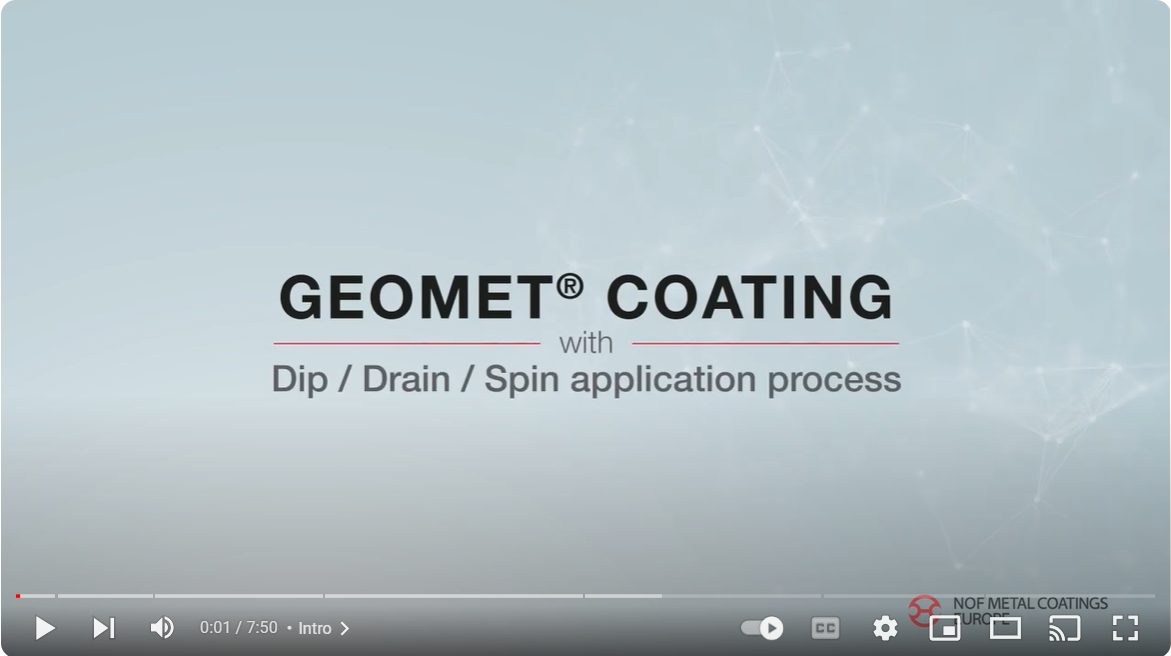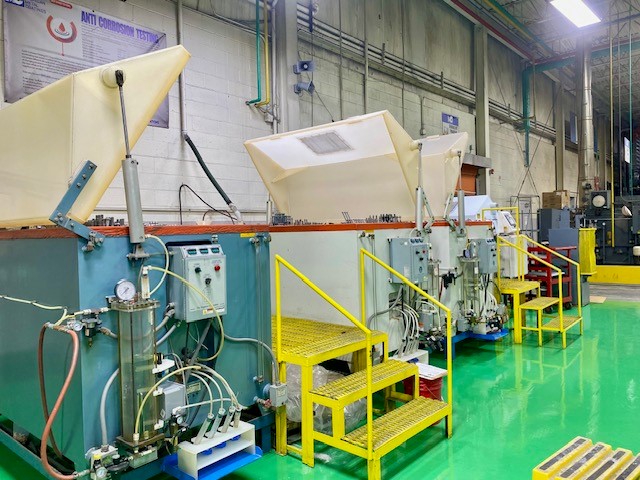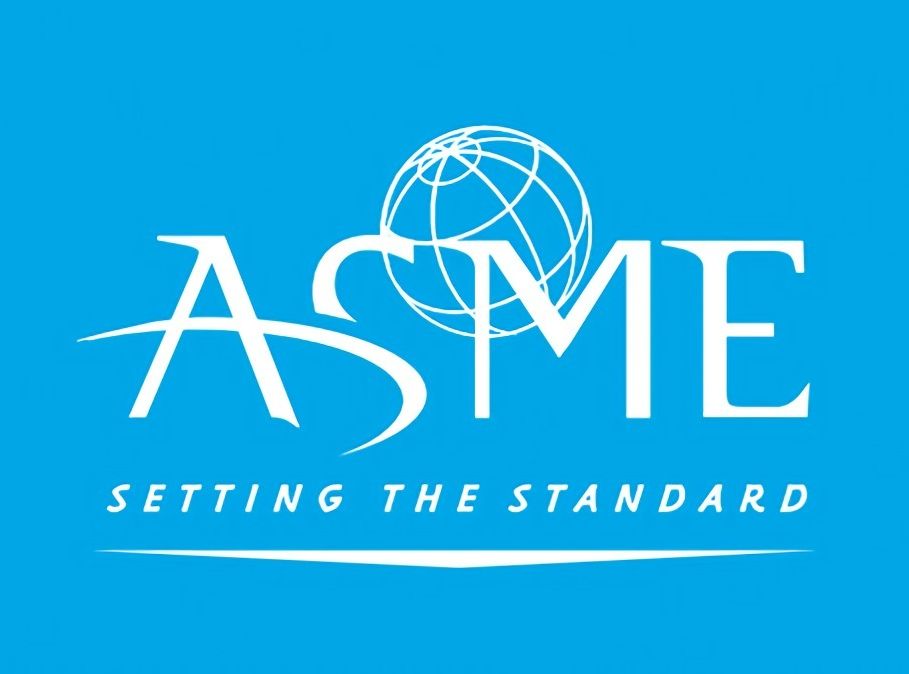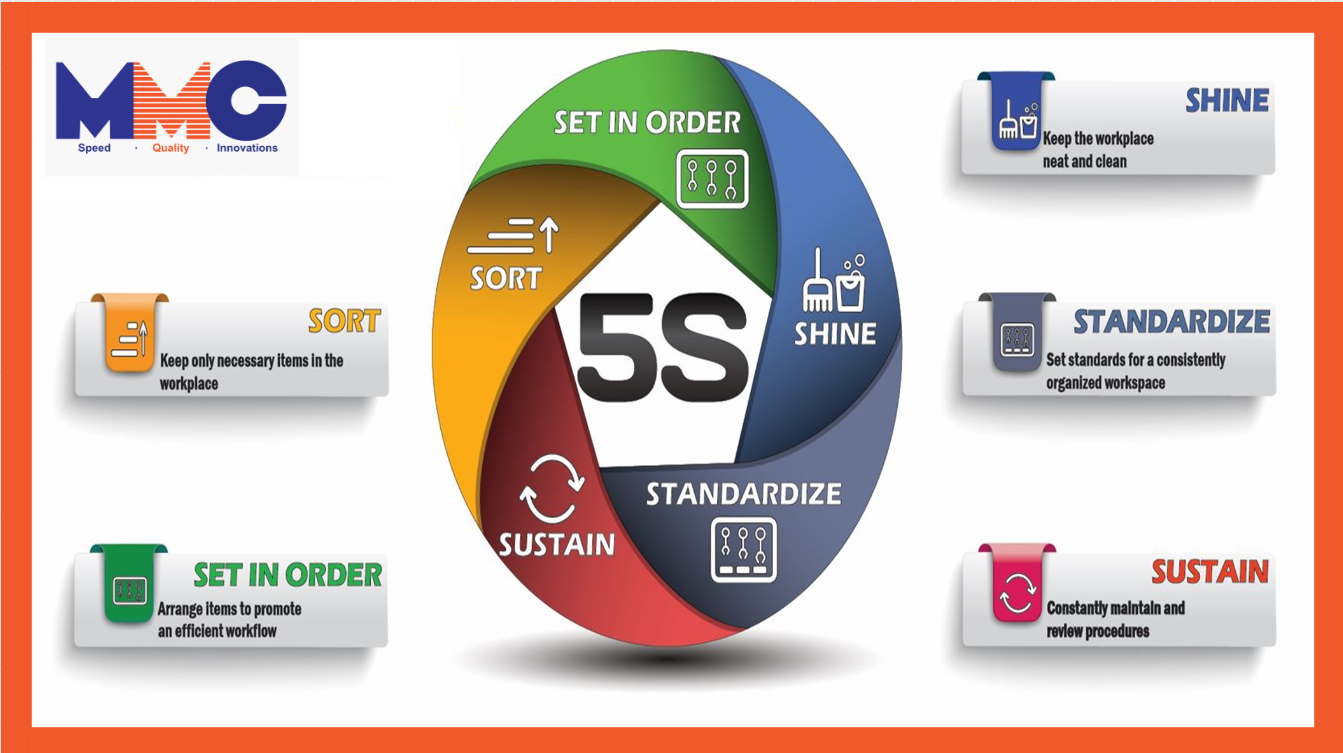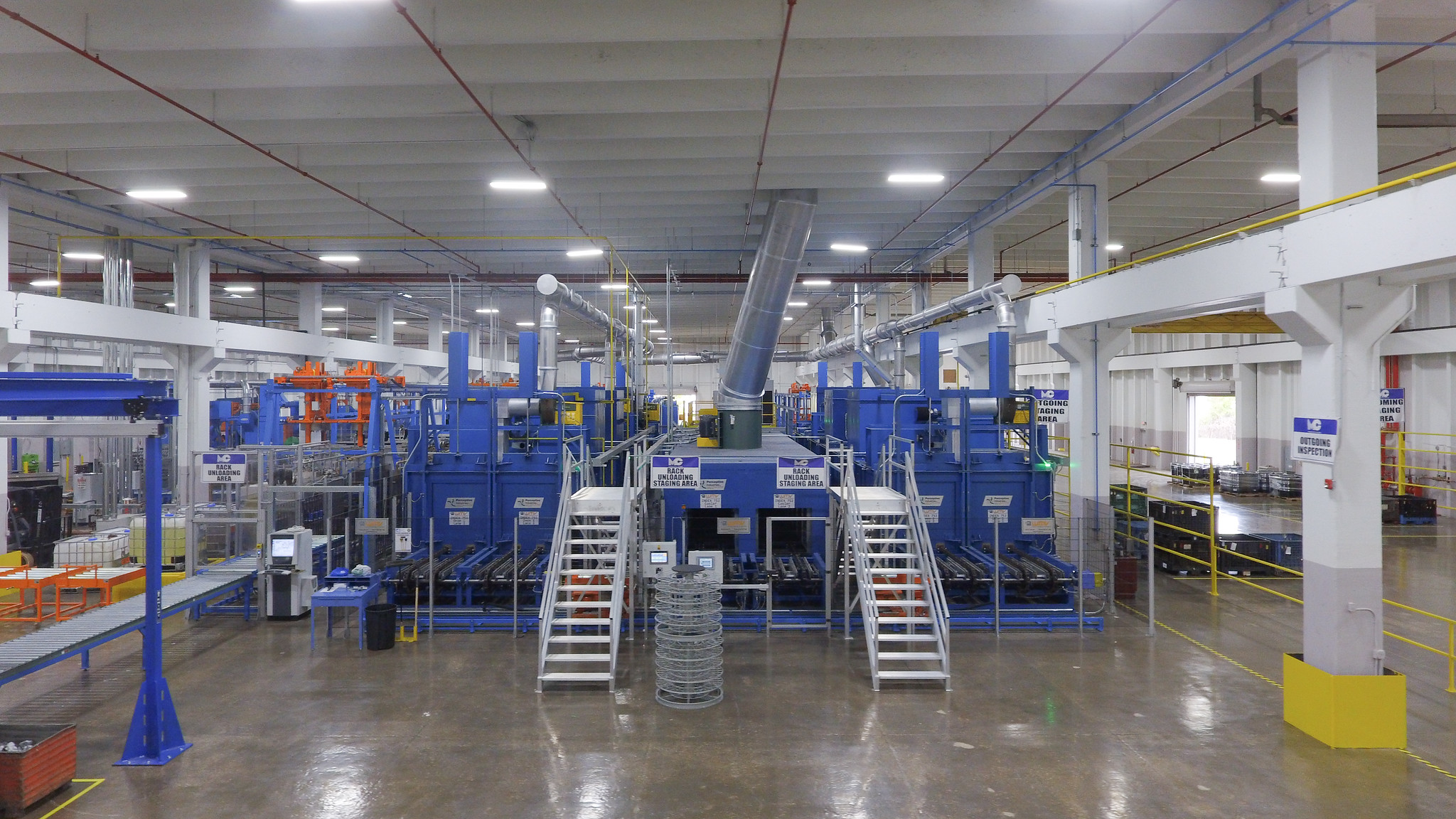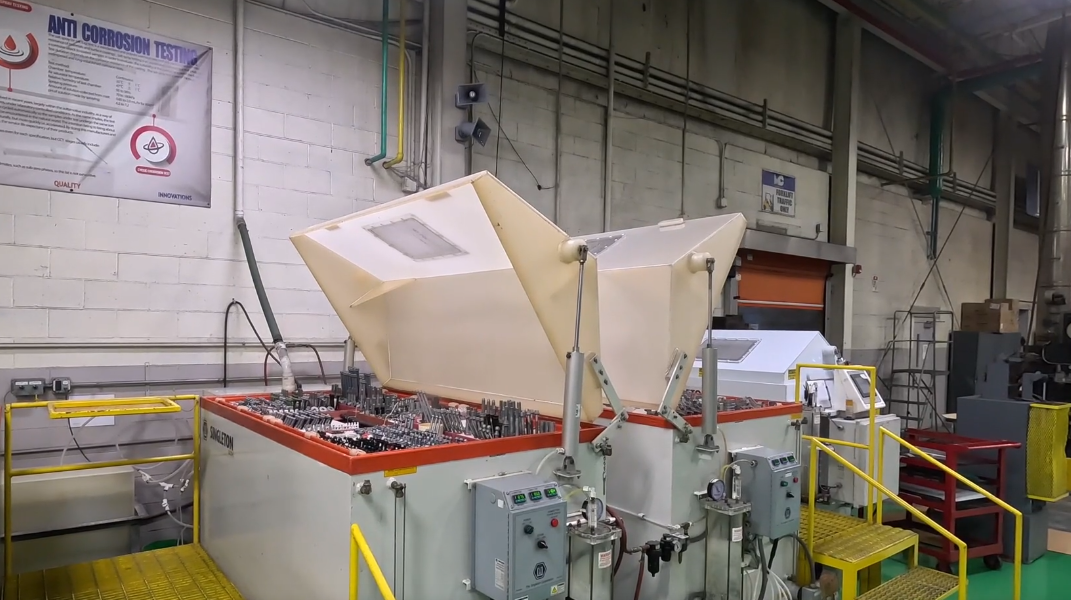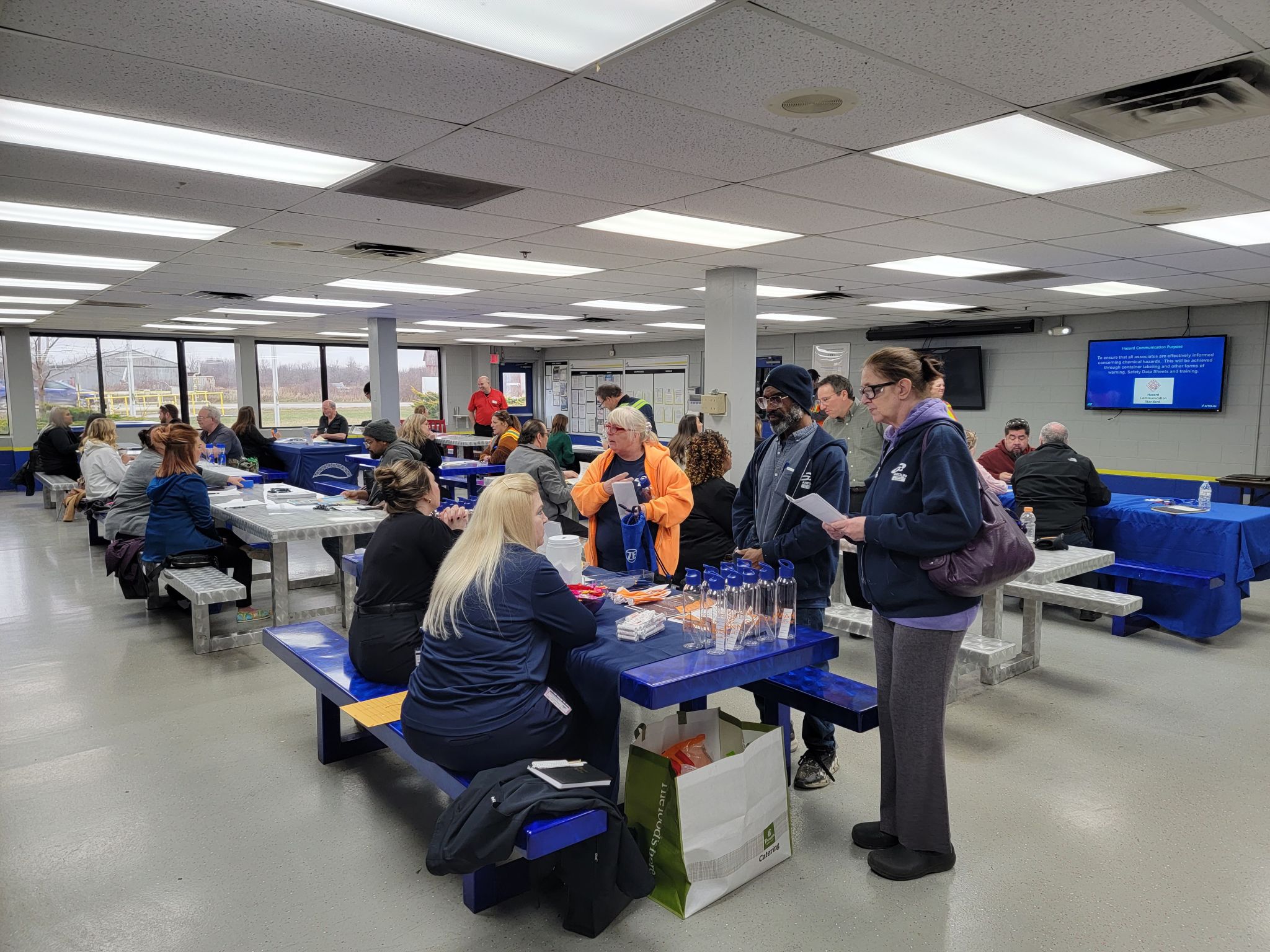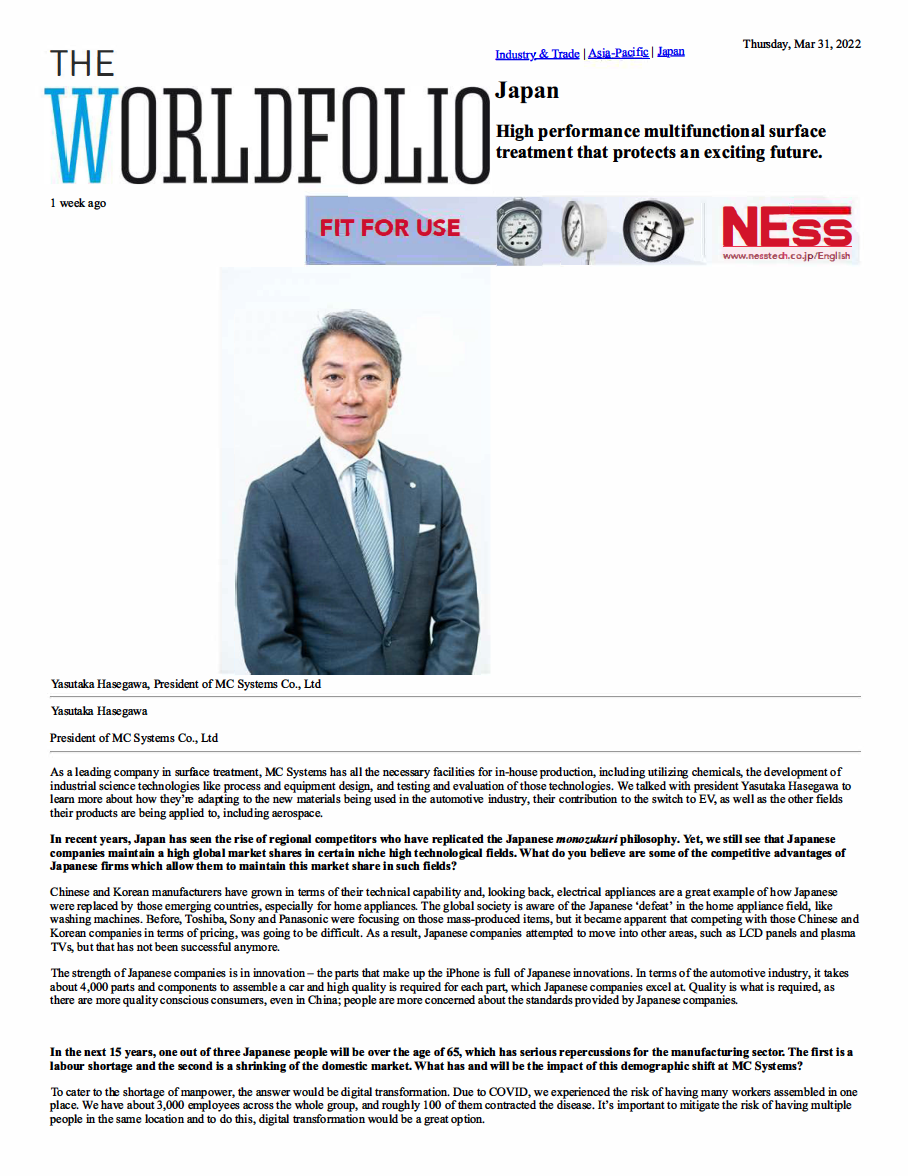In the fast-paced and competitive landscape of the manufacturing industry, ensuring product quality, meeting customer expectations, and maintaining operational efficiency are paramount. One methodology that has proven to be instrumental in achieving these goals is Layered Process Auditing (LPA). LPA is a systematic approach that entails frequent audits at various levels of organization to validate process, identify deviations, and drive continuous improvement.
At its core, LPA provides a structured framework for evaluating the effectiveness of key processes within the manufacturing environment. By implementing regular audits across multiple layers of the organization—ranging from frontline operators to senior management—LPA helps in establishing a culture of accountability, ownership, and transparency. This multifaceted approach not only ensures compliance with established standards and procedures but also facilitates early detection of potential issues before they escalate into larger problems.
One of the primary advantages of LPA is its proactive nature, enabling organizations to address root causes of inefficiencies and non-conformities in real-time. By fostering a culture of continuous monitoring and improvement, LPA empowers teams to take corrective actions swiftly, thereby minimizing risks, reducing waste, and enhancing overall operational performance. Moreover, the data collected through LPA audits provides valuable insights that can be leveraged to streamline processes, optimize resource allocation, and enhance product quality.
In addition to improving operational efficiency and product quality, LPA plays a crucial role in enhancing customer satisfaction and building credibility in the marketplace. By demonstrating a commitment to rigorous quality control measures and adherence to best practices, manufacturers can build trust with customers, strengthen relationships with stakeholders, and differentiate themselves in an increasingly competitive industry landscape.
Furthermore, the implementation of LPA fosters a culture of continuous learning and skill development among employees. By actively involving frontline staff in the auditing process, organizations promote a sense of ownership, engagement, and empowerment. Employees become more attuned to the importance of quality standards, process consistency, and the impact of their contributions on overall organizational success.
In conclusion, Layered Process Auditing stands as a cornerstone of excellence in the manufacturing world, offering a systematic approach to ensuring operational efficiency, product quality, and customer satisfaction. By embracing LPA as a fundamental part of their quality management systems, manufacturers can drive continuous improvement, mitigate risks, and position themselves as industry leaders dedicated to excellence and innovation.


